Malcolm Middleton - Interview
by John Clarkson
published: 7 / 1 / 2007
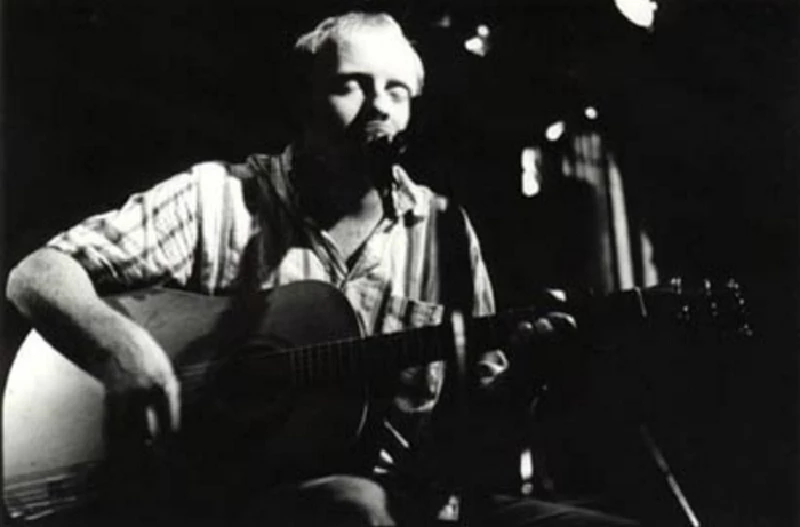
intro
Former Arab Strab guitarist Malcolm Middleton is just about to release his third solo album, 'A Brighter Beat'. He speaks to John Clarkson about the break-up of Arab Strap at the end of last year and about the new solo record.
Malcolm Middleton has developed a reputation over the last decade for being a melancholist, both with his band Arab Strap, and also in his solo career. Middleton formed Arab Strap in which he played guitar with vocalist and keyboardist Aidan Moffatt in 1996, after they met in their home town of Falkirk and bonded over a mutual love for inexpensive booze and artists such as Smog, Will Oldham and late period Velvet Underground. Middleton and Moffatt would eventually move 20 miles west to Glasgow, and over the course of their 10 years together would record five studio albums,'The Week That Never Was' (1996), ‘Philophobia’ (1998), ‘Elephant Shoe’ (1999), ‘The Red Thread’ (2001), ‘Monday at the Hug and Pint’ (2003) and ‘The Last Romance’ (2005). They eventually bowed out at the end of last year, after releasing a 18 song compilation ‘Ten Years of Tears’ in late October, and playing a six week European “farewell tour”, which concluded in Glasgow on December 4th. While the sound of their early recordings was sparse and brooding.. the group would eventually develop a fuller sound which delved deeply into both indie and dance music Perhaps hot surprisingly for a band who had named themselves after a sex device, they were always controversial, their lyrics , which owed as much of a debt to Charles Bukowski and John Fante as any songwriter, telling of alienation, drink and drug-fuelled late nights, bruised sexual encounters and acrimonious final fall-outs with ex-girlfriends. Both Moffatt and Middleton started .solo careers several years ago. Moffatt, under the moniker of Lucky Pierre (now L Pierre) has now released three albums, ‘Hypnogogia’ (2002), ‘Touchpool’ (2004) and the just out ‘Dip’ (2007), while Middleton, working under his own name, has to date put out two albums, ‘5.14 Fluoxytine Seagull Alcohol John Nicotine’ (2002) and ‘Into the Woods’ (2005). His third solo album, ‘A Brighter Beat’, is due out on February 26th... Both ‘Into the Woods’ and the final Arab Strap album, ‘The Last Romance’, shocked many fans with their pop melodies and surprisingly uplifting sound, and ‘A Brighter Beat’, the title track of which is also being released as a single, builds and expands on this, although the lyrics remain as dark and forlorn as ever. Pennyblackmusic spoke to Malcolm Middleton both about ‘A Brighter Beat’ and also Arab Strap’s break-up. PB : You have described ‘A Brighter Beat’ as being “a pop album for people who hate pop music”. What did you mean by that ? MM : While I love pop music, I hate a lot of the stuff that goes with it, the image-making , the cheesy songwriting and that kind of thing. I do like a good hook and a good melody, so I wanted to make an album that was something that I could enjoy and which had those. I also wanted to do a record in which I could express myself and use the same kind of lyrics that I had written before and which were maybe deeper than the average pop song. PB : You basically wanted to write a catchy album for grown ups then ? MM : Yeah, pretty much so. Yeah. PB : Both in your solo work and latterly with Arab Strap the music has become more upbeat , but your lyrics remain soul searching and angst ridden. Is the title of the new album simply a reflection of your music becoming more upbeat in sound ? MM : Yes and no. The title song, ‘A Brighter Beat’, is I think the best song that I have ever written, and it is my favourite song at the minute, so I thought that it would make a good album title as well. It is a bit of a lie though. My songs have a brighter beat musically, but not as you have said lyrically. That song, ‘A Brighter Beat', is acknowledging that things could be better if I moved things to a brighter beat, but I don’t though. There is a twist there. PB : That song seems to be an anthem for people who prefer to stay at home rather than to go out and socialize. MM : It is. That is one side of it. The other side of it is that it is for people who can’t help but stay at home because they don’t have very good social skills or they just find it hard leaving the house sometimes because they have agoraphobia or whatever. It comes from my own point of view, as somebody who sometimes doesn’t feel like doing anything and who when I feel like that can’t motivate myself at all. It is anti-motivational, but it also motivational in the sense that it is fun to think that a lot of people are feeling the same. It is not just me who is going through that. PB : That seems to be the underlying message to a lot of your work with Arab Strap and also in your solo career - that if you are feeling alienated or lonely or unhappy that you are not alone, and that there are a lot of people who feel exactly the same. Is that something that you do deliberately and aim for when you are songwriting ? MM : No, it is definitely not something that I aim for. A lot of the time when I write songs I write for me. They are written personally, and I never anticipate the moment when they are going to get listened to by someone else. I am sure that when people pick up on Arab Strap songs and my own songs it is again a personal thing. I couldn’t imagine a group of people sitting down and listening to any of my records. PB : Yet at the same because it is personal it seems to touch quite a lot of people. There is a real bruised uncertainty too to a lot of the lyrics on ‘A Brighter Beat’. The girl in ‘Fight Like the Night’ wants a man to be her hero simply by just not letting her down, while the narrator of ‘Fuck it, I Love You’ seems really uncomfortable about telling his girlfriend that he loves her even by text. Was that again something that you were deliberately aiming for, that mood of uncertainty on ‘A Brighter Beat’ ? MM : No, I wouldn’t say that was something that I was aiming for. Those songs were written in a mood of uncertainty. It was just the way I was feeling when I was writing the songs. PB : Why did you choose to make ‘We’re All Going to Die’ the first track on the album ? MM : ‘We’re All Going to Die’ was actually the first song that I had written out of all the songs on the album, so even before I finished the record or had the title I had the idea that this was going to be the song at the start. The pace of it, even the structure, is very similar to the last song, ‘A New Heart’, on the last album, ‘Into the Woods’. That song is, like ‘We’re All Going to Die’, an electronic number, and so I thought it would be a good way to pick up from the last album. I wrote ‘We’re All Going to Die’ to comfort someone, but I kind of failed (Laughs). It is saying we’re all in the same boat. It’s going to happen to all of us, so we have to make sure that we do the best we can in our life, so that when we die that we can handle it. PB : Where did the inspiration for ‘Fuck It, I Love You’ come from ? MM : When you have been seeing someone for a while and been in a relationship with them and then when it is all over no matter how much you try to prevent it the same thing keeps happening all over again. You meet someone else and fall in love, and you maybe don’t want that to happen, so you think “Fuck it ! I don’t want this to happen, but this is how I feel, so I am going to tell you”. That’s what that song is about. PB : What about the last song on the album, ‘Superhero Songwriters’ ? Who is that directed at in particular ? MM : It is directed at people like James Yorkston, King Creosote and Robin Proper-Sheppard from Sophia who are the people I listen to, and who I get comfort from with their music. It is also saying that I hope people can get the same kind of comfort from the songs that I am writing. PB : You have got a reputation for being morose, but a lot of the stuff you are saying is actually really positive. MM : Arab Strap had the tag of being miserablists and I think my first solo album was influenced by that as well. I am not though in general a morose person. I can be quite depressive sometimes, but the flip side of that is that I can be quite up a lot of the time as well. I don’t enjoy listening to melancholic music as much as I once did. I tend to like light music with good choruses and stuff, but I don’t tend to write so much when I am happy, so nowadays I tend to combine happy tunes with miserable lyrics. I would much rather be perceived as being seen as positive rather than someone wallowing in their own misery. The feedback I have had from the first two solo records, just from people e-mailing me and speaking to me at gigs, is that my music has really helped them and made them feel better which is great. I am not going to go as far as to say that I am giving something back, but it is good for me to think of that as well when I am writing songs. The song, ‘A Brighter Beat’, was definitely a real turning point for me, because it was me trying to connect with people rather than writing for myself. PB : You recorded the album with Tony Duggan who has worked with the likes of Belle and Sebastian, Mogwai, Seachange and Dirty Pretty Things. Why did you decide to use him as a producer and what do you think he brought to the record ? MM : I have never worked with a producer before. All my solo records and all the Arab Strap records we produced ourselves. I have known Tony for ten years through Mogwai and the Delgados. I loved the last couple of Mogwai records. I loved the Delgados and 'Hate' especially. A lot of ‘In the Woods’ was semi-mixed at home and then taken to the studio to be finished, but I wanted to do ‘A Brighter Beat’ all from the start in a studio. I wanted it to have it the ambitious sound that all Tony's music has, and it was good also to work with someone that I knew. The studio distance was cycling distance from my house in Glasgow and my car had just got stolen as well (Laughs), so that tied together too. I definitely got a lot from Tony. He stopped me from being over indulgent and putting too much on the record. He had a good ear too for putting in important bits in the background and stuff. It was a good experience. PB : The album features various guest slots from several musicians from the Glasgow scene including Barry Burns from Mogwai, Jenny Reeve from the Reindeer Section, Paul Savage from the Delgados and Mick Cooke from Belle and Sebastian. In what capacity did they appear ? MM : I had already recorded demos at home for the album. Barry, however, played on the last two albums as well so I knew that he was amazing at what he does and would come in and write his own parts and take every song he was involved in in a different direction. On ‘Fight Like the Night’, for example, he did all the keyboards. Before he played on it I thought the song was finished, and then he came up with some hooks which made it a much better song. Mick came in and wrote the brass arrangement for the second last song, ‘Up Late At Night’ and that changed it a lot as well. I had known Jenny before, but I hadn’t worked with her for a couple of years, and it came as a real surprise the confidence that she had, on 'Fight Like the Night' and the ability she had in her voice. PB : What about Paul Savage ? What did he contribute ? MM : He did a lot of the drumming. He did some of the drumming on the last album as well. Scott Simpson who played for Arab Strap also did some drumming too. He did the faster stuff. Scott is really good at like the faster, flamboyant stuff, while Paul has a really obscure ear for sounds. We tried different things and experimented around a lot on this album. PB : 'A Brighter Beat' is your first solo album, and in fact your only album, other than ‘Elephant Stone’, which hasn’t been released on Chemikal Underground. You have switched to Full Time Hobby for this album. Why did you decide to go there ? MM : I just needed a change. With Arab Strap splitting up, I didn’t actually have a contract with Chemikal Underground anymore, so after my last solo album I was free to think about other labels. Full Time Hobby got in touch with me and said they wanted to do something and it just felt right. PB : You announced that Arab Strap were splitting up in September. Was the album recorded before you decided to break up Arab Strap or afterwards ? MM : Afterwards. It was announced in September, but Aidan and I had had a meeting last April and decided then that we didn’t want to do it anymore. I had already booked studio time and was going to do another solo album at that point anyway. I then put the release of that on hold so that we could do the Arab Strap farewell tour. PB : It seems to have been a very amicable and friendly split. Why did you decide to call it a day now ? Was it because both your solo careers were thriving ? MM : It is not just because of that. I think that it is good that we have solo careers to fall back on, but we had got to the point where regardless of what we had to fall back on we were going to stop the band anyway because we were both getting bored with it. We weren’t selling any more records. We were probably selling less records and playing to less people. We were also not enjoying it as much. PB : You went out on something of a high, playing the farewell tour and also releasing the compilation album, ‘Ten Years of Tears’. Who compiled the tracks for that ? Was it both of you or Chemikal Underground ? MM : No, it was both of us. It was mainly Aidan to be honest. He ran it back by me and I said yes or no with each song. It was band thing. The idea was to initially do a best of, and the second idea was do a rarities album, and the third idea which happened was to do a compilation of everything including live stuff. PB : How did you feel when you were playing the last tour and the final Glasgow show knowing that Arab Strtap was nearly finished. Were you glad that it was all coming to an end or were you sad ? MM : We were all sad. It was weird. It was such a long tour. It was six or seven weeks. In the last week running up to the Glasgow gig I was getting a bit nervous, wondering how I was going to react and how I would feel, but on the night we were so wrapped up in doing it and all our friends and family were there there it was quite easy. A couple of days afterwards I was thinking “Have we done the right thing ?”, but of course we had. We couldn’t have done any more with it. It is frightening not having that safety net anymore. It was ten years and for a lot time that is all we had. PB : How much contact will you have with each other now that you have split up your songwriting partnership ? MM : Probably more (Laughs). I would like to think that we can have a proper friendship back, which had been deteriorating because we had basically been running a business together, which is what Arab Strap had become. When we decided we were going to split up, we said to each other "Let'ss do something again in the future. Not Arab Strap, but something that is fun again like we used to have at the beginnng.” PB : Aidan is a very forceful stage presence. Your first solo album, '5 : 14 Fluoxytne Seagull Alcohol John Seagull' came out in 2001. Was it really hard for you take up the role of front man having spent all these years working behind Aidan ? MM : Not really. I didn’t think of it like that. It was hard for me because I didn’t have much confidence, but that has changed over the past couple of years. I am just trying to put songs across in a live way. I don’t think I am going to be a front man in the traditional sense and the way that Aidan has been and other people are. It is not something that I am going to worry about doing either. PB : Did you have any experience of singing before you started your solo career ? MM : Yeah, I was in punk bands in the mid 90’s when I was a teenager (Laughs).I sang and played guitar then, but it was lot less mature. PB : What about lyric writing in Arab Strap ? Was it Aidan who did most of it ? MM : I did a couple of songs on the first album, and then Aidan did everything after that. It is something that I have always done and which I still did for myself. It wasn’t until I did my first solo record that I really took it seriously again though. PB : Lyrically it seems to occupy fairly similar territory to Arab Strap, in that a lot of your songs are about alienation, tortured love affairs and getting drunk. Would it be fair to say that Arab Strap had some sort of influence on your songwriting or is that the sort of thing you would have written about that anyway ? MM : Aidan and I came from the same kind of background and listened to the same kind of music, but there are differences in our songwriting. His lyrics are more detailed and more narrative in tone, whereas I don’t put a lot of detail in my songs. They are more traditional songs than the kind of monologues that Aidan has. PB : How do you write your music ? Do you begin it on the guitar and build it up ? MM : Yeah, all of the songs on this album were written on the guitar and lived in an acoustic environment first. Sometimes on the last album I did write songs with guitar loops and stuff which is quite good as well, but I didn’t really do that for this one. PB : What do you normally write first ? Do you begin by writing the lyrics or do you begin with the tunes ? MM : It depends. Sometimes I will have a tune and lyrics I have already written down and might go with it. Other times I will be playing about and singing along with whatever I am playing. PB : You have mentioned Robin Proper-Sheppard already. You’re about to go on tour with Sophia in Germany and Europe, and then you’re coming back over here to play some dates with Badly Drawn Boy before playing your own headline tour. Why have you decided to go and play support to these acts ? Is it just because you really admire the songwriting in both cases ? MM : I have been a fan of Sophia for years. I was a fan of his old band, the God Machine as well. I met Robin a few years ago and we have been friends ever since. He asked me to do this tour. I can only do a couple of weeks of it, but for me it is perfect because I am going to get to see his band and because I think his audience will be quite sympathetic towards what I am doing as well. It is a good warm up for me. I am probably going to be doing a lot of touring this year with a band, so it is good for me to go out touring first and test the water myself. I am going to be playing the support dates as a solo acoustic but for the headline UK tour I will be doing it with a band. PB : Did Badly Drawn Boy and Damon Gough ask you to play with them as well ? MM : We have got the same press agent or my press agent is a friend of his press agent, and he said that it would be a good idea for me to do that, but it turned out that Badly Drawn Boy had asked for me anyway. That worked out quite well, but I don’t know what to expect. I don’t know what his audience are going to be like. I have been listening to a lot of singer-songwriter guys like David Gray and stuff like that recently and I want to get better at performing, playing and singing the guitar, and so it is really good to force it by playing big audiences. PB : When you played in the past have you always done it with a band or havew you played as a solo act before ? MM : I have done both. I toured the first album pretty much as an acoustic solo act before, and then on last album I had a band. You can’t please everyone because when I went out first of all everyone was saying that you should get a band , and then when I had a band other people came up and said “I much prefer you solo”. In the end I ended up doing half and half, so I will probably end up doing that again. PB : What happens after that ? What other plans have you for the future after that ? MM : It depends how the album goes. If it bombs, then I will start recording another one (Laughs), and it it goes okay then hopefully there will be a European tour. I don’t think that I am much of a festival act, but I will see what is offered there too. PB : Thank you very much for your time.
Picture Gallery:-
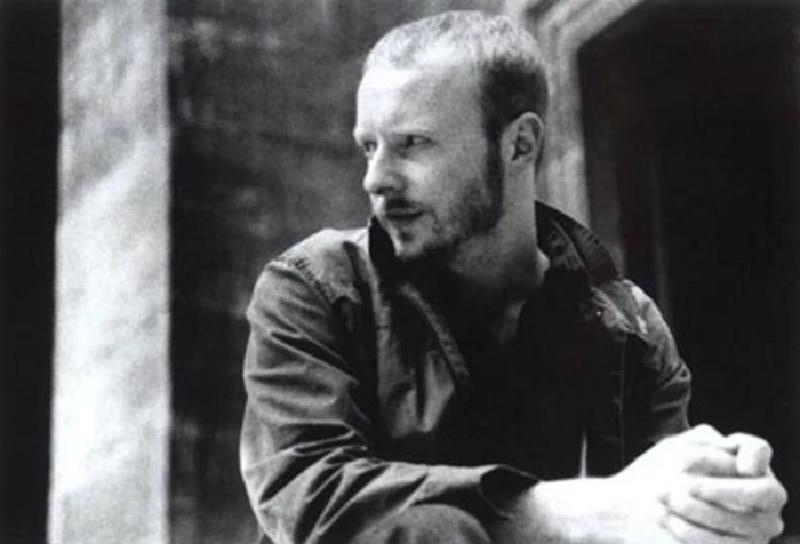
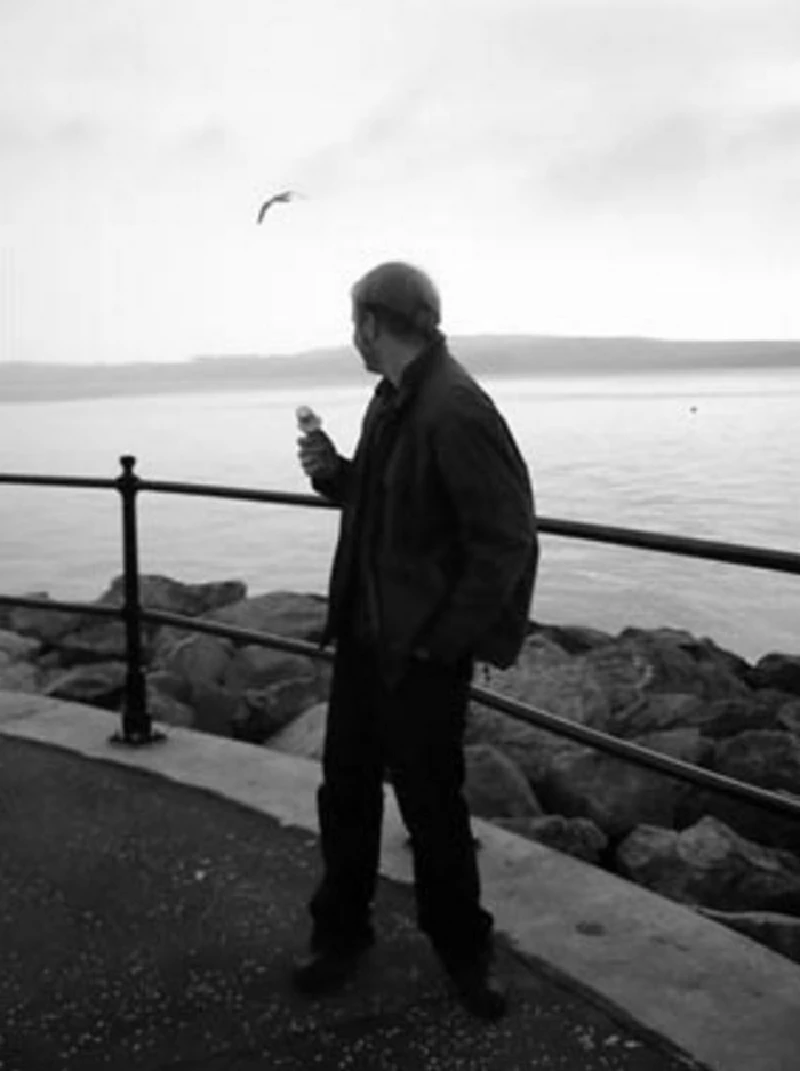
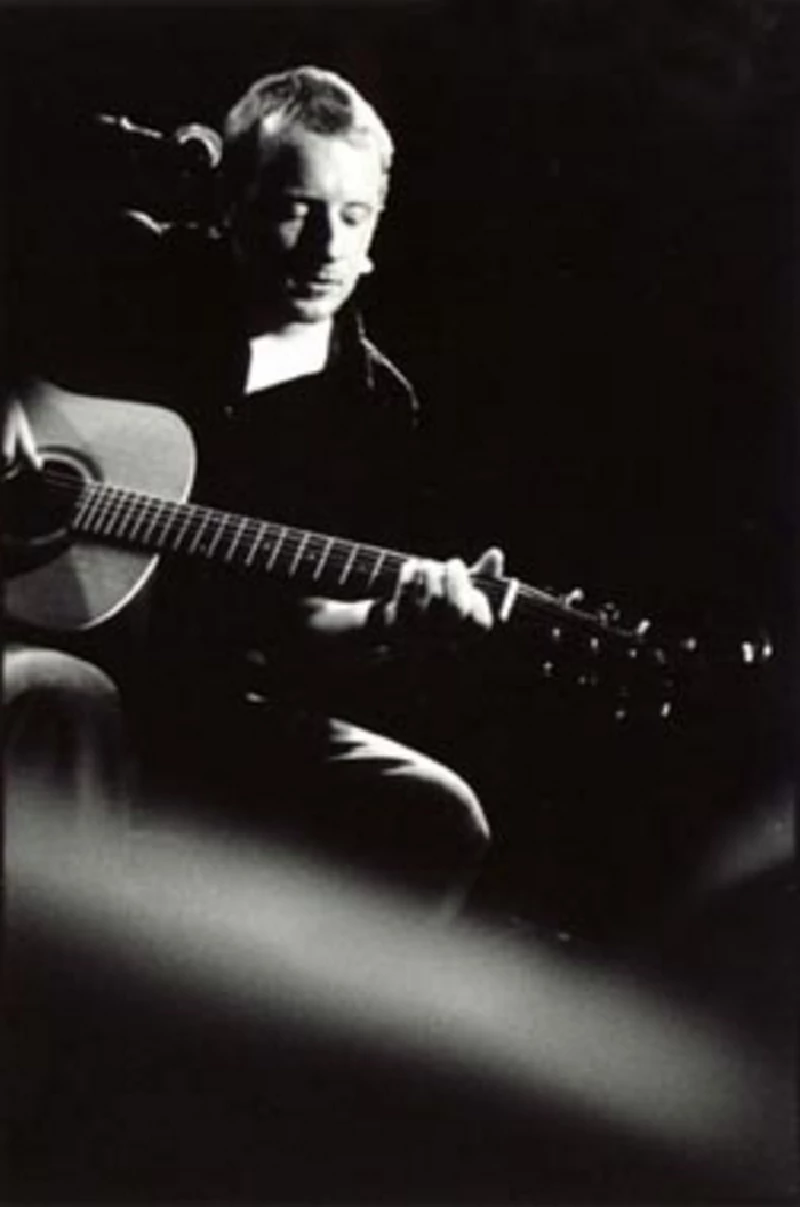
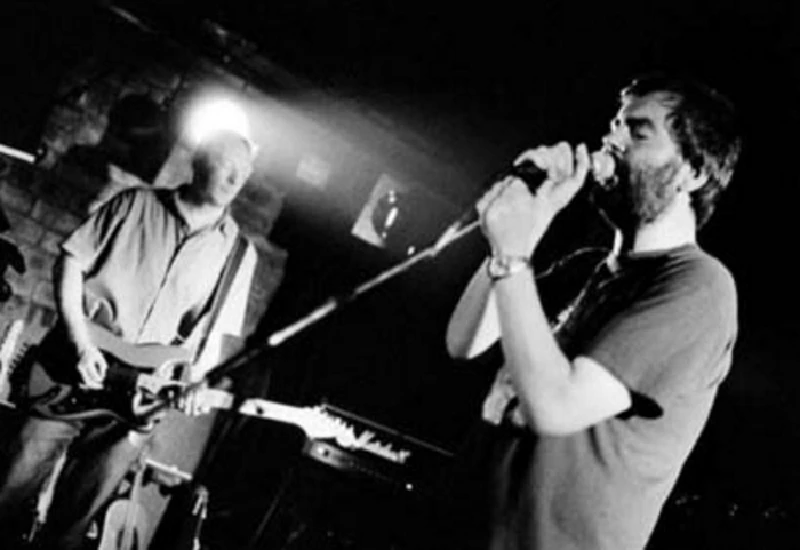
interviews |
|
Interview (2009) |
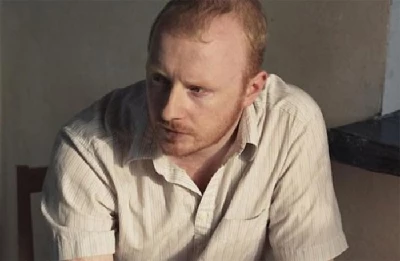
|
| Former Arab Strap guitarist Malcolm Middleton talks to John Clarkson about his just released fifth solo album, 'Waxing Gibbous', and why this will be the last record under his own name for the immediate future |
live reviews |
|
Union Chapel, London, 2/4/2008 |
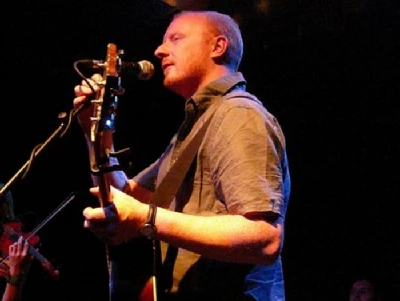
|
| In London's spectacular Union Chapel venue, Chris O' Toole sees Scottish singer-songwriter Malcolm Middleton perform a witty and polished, but surprisingly subdued concert |
| Liquid Room, Edinburgh, 6/12/2007 |
| Queens Hall, Edinburgh, 13/1/2007 |
| Dingwalls, London, 20/2/2007 |
features |
|
Malcolm Middleton (2010) |
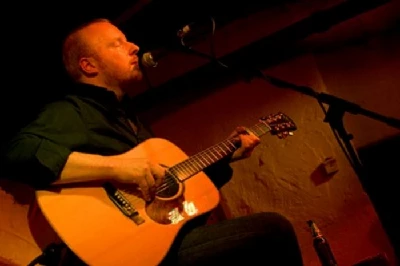
|
| Anna Gudaniec photographs Scottish singer-songwriter and former Arab Strap guitarist Malcolm Middleton at an acoustic solo at the Borderline in London |
reviews |
|
Sleight of Heart (2008) |
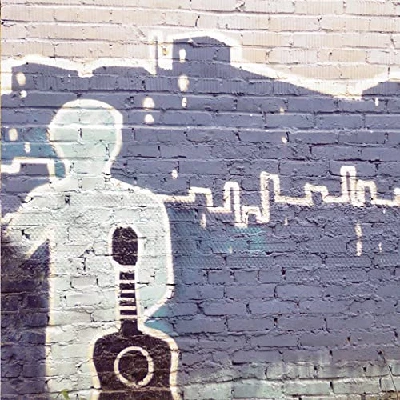
|
| Fine largely acoustic fourth solo album from former Arab Strap guitarist and Scots melancholist, Malcolm Middleton |
most viewed articles
current edition
Carl Ewens - David Bowie 1964 to 1982 On Track: Every Album, Every SongColin Blunstone - Thalia Hall, Chicago, 16/7/2025
Visor Fest - Valencia, Spain, 26/9/2025...27/9/2025
Bathers - Photoscapes 1
Bathers - Photoscapes 2
Billie Eilish - O2 Arena, London, 10/7/2025
Editorial - July 2025
Cathode Ray - Interview
John McKay - Interview
Cleo Laine - 1927-2025
previous editions
Heavenly - P.U.N.K. Girl EPTrudie Myerscough-Harris - Interview
Beautiful South - Ten Songs That Made Me Love...
Pixies - Ten Songs That Made Me Love...
Boomtown Rats - Ten Songs That Made Me Love....
Fall - Hex Enduction Hour
Jimmy Nail - Interview
Doris Brendel - Interview
Sam Brown - Interview Part 2
Blues and Gospel Train - Manchester, 7th May 1964
most viewed reviews
current edition
Amy Macdonald - Is This What You've Been Waiting For?Sick Man of Europe - The Sick Man of Europe
Alice Cooper - The Revenge of Alice Cooper
Phew, Erika Kobayashi,, Dieter Moebius - Radium Girls
Lucy Spraggan - Other Sides of the Moon
Blueboy - 2
Cynthia Erivo - I Forgive You
Davey Woodward - Mumbo in the Jumbo
Lapsley - I'm a Hurricane, I'm a Woman In Love
Philip Jeays - Victoria
Pennyblackmusic Regular Contributors
Adrian Janes
Amanda J. Window
Andrew Twambley
Anthony Dhanendran
Benjamin Howarth
Cila Warncke
Daniel Cressey
Darren Aston
Dastardly
Dave Goodwin
Denzil Watson
Dominic B. Simpson
Eoghan Lyng
Fiona Hutchings
Harry Sherriff
Helen Tipping
Jamie Rowland
John Clarkson
Julie Cruickshank
Kimberly Bright
Lisa Torem
Maarten Schiethart